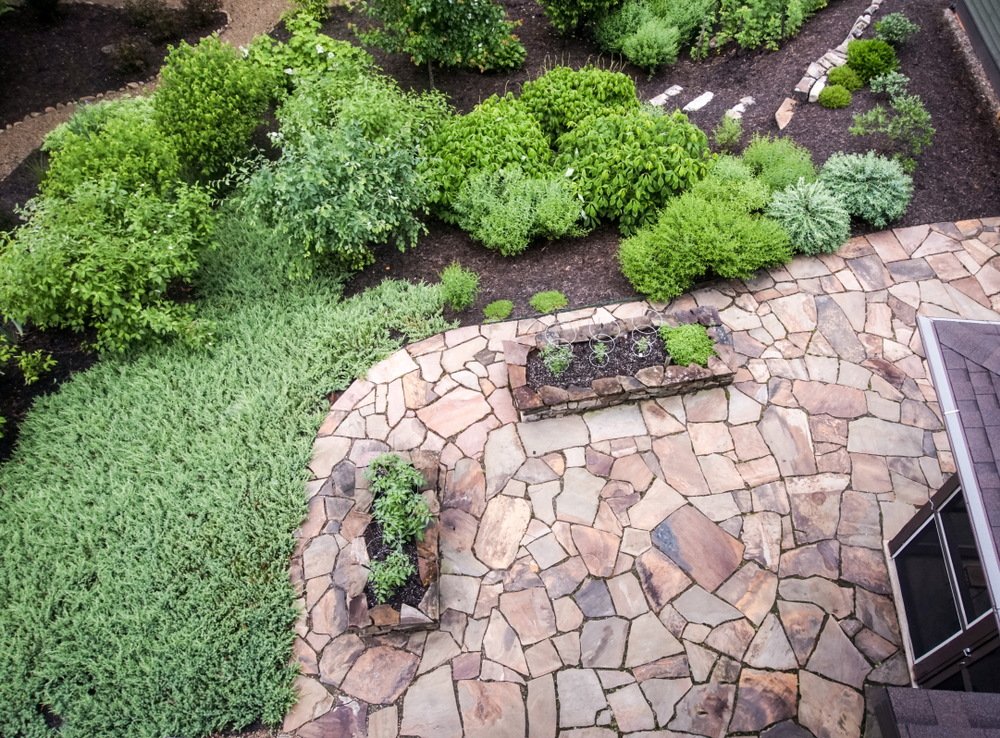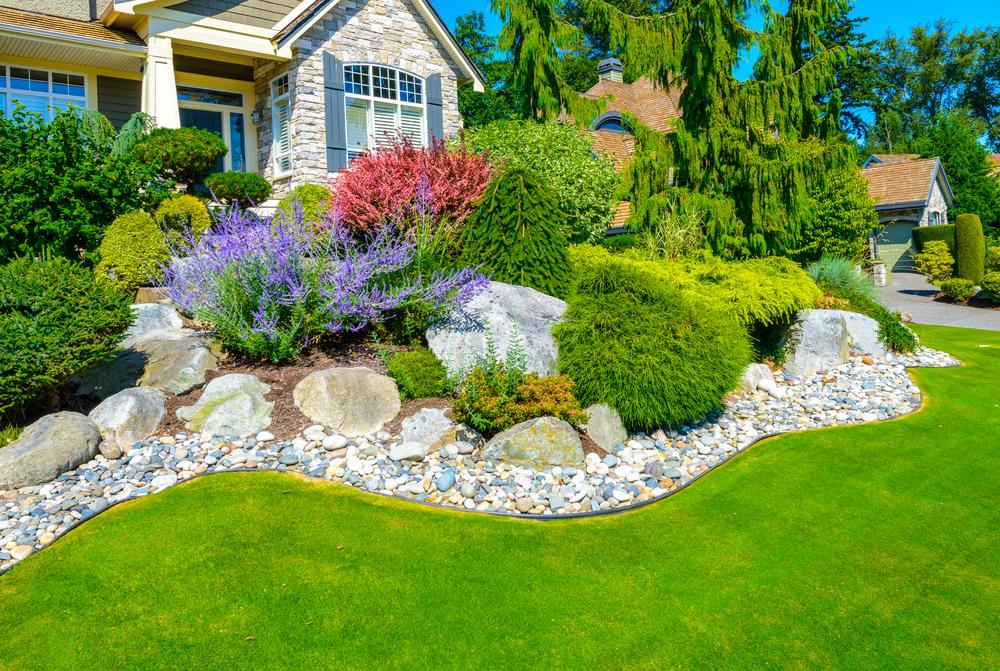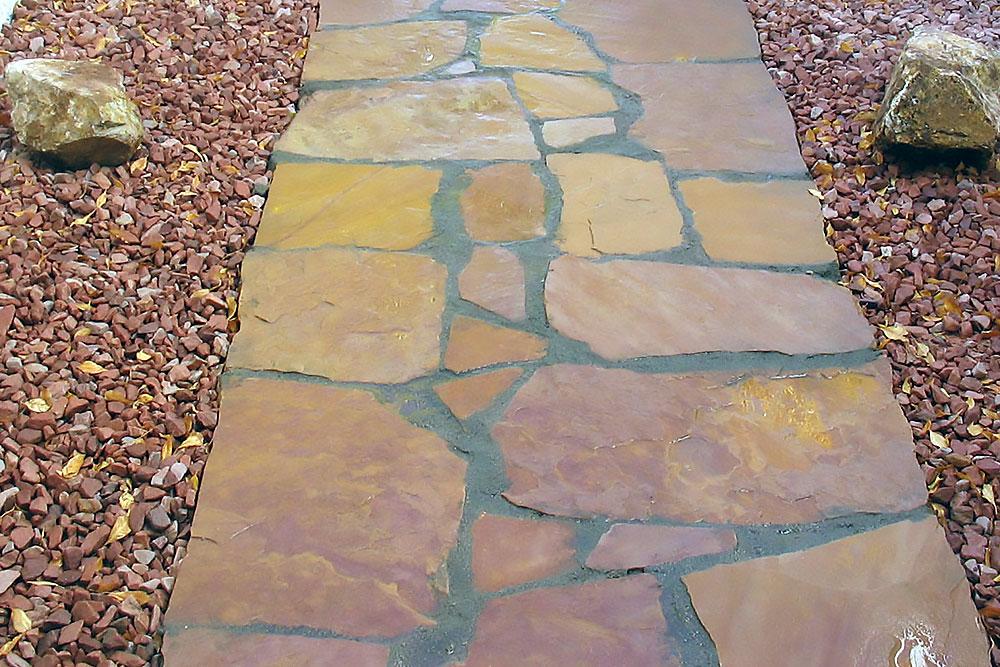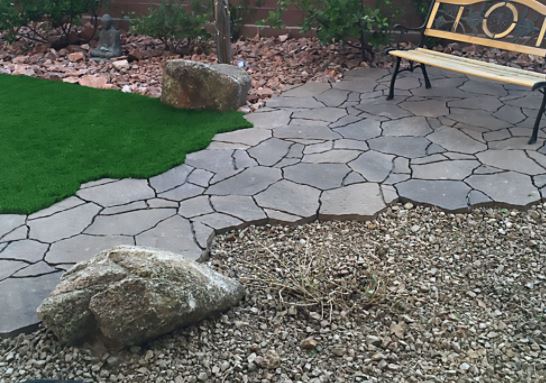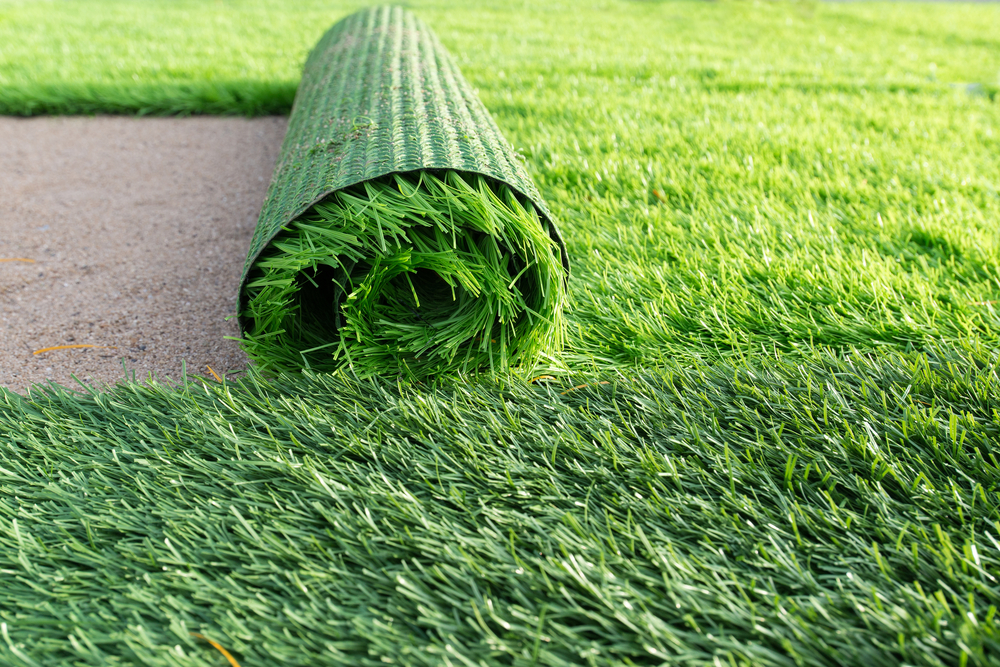 The Pros and Cons of Different Artificial Grass Materials
The Pros and Cons of Different Artificial Grass Materials
There was a time when artificial grass was both extremely expensive and very limited in terms of options. Fortunately, homeowners today no longer have those obstacles and thus can enjoy the many benefits of artificial grass. However, because of the introduction of a number of types of grass, the decision about which type to choose is understandably difficult. There are simply so many aspects to keep in mind, from choosing the style of grass to remaining within your budget. Therefore, the following includes a list of some of the different types of artificial grass materials on the market as well the pros and cons of each one.
Nylon Artificial Grass Pros
Perhaps the strongest on this list, nylon artificial grass has been praised by various artificial turf Las Vegas companies as being the most resistant to weather. It is a great option for those living in locations that experience intense winds, rain, and heat. Unlike with other cheaper materials, homeowners do not have to worry about the material being stomped down by the weather. This is a huge plus for those who worry that artificial grass may hurt their homes’ overall values.
Nylon Grass Material Cons
For some homeowners, the strength of nylon is an important selling point and can often provide peace of mind that this variety of artificial grass won’t be ruined as easily as other types. However, with that strength also comes discomfort. In fact, it is rare for Las Vegas turf installation companies to include nylon products in residential homes simply because it’s too rough for pets and children to crawl and run around on it. You are most likely to see this type of turf grass on a golf course because it provides a good material for rolling golf balls. As a matter of fact, some homeowners will add this to their lawn to specifically practice golf.
A final negative for nylon includes its price. Many turf Las Vegas installation companies place this at the top of the most expensive types of artificial grass to use. This is another reason why it’s almost never used for landscaping projects; it can easily balloon a homeowner’s budget.
Polyethylene Grass Pros
If you’re looking for a much more natural-looking and natural-feeling grass, you can’t go wrong with polyethylene material. In fact, polyethylene is often the preferred material type for homeowners and rightfully so; it sports a bright yet realistic green color, and it feels amazing to the touch. In addition, unlike nylon, which can sometimes retain odors, polyethylene is non-porous and thus is unlikely to ever give you issues with funny smells. Lastly, the ease of maintaining this type of material makes it very popular. Although nylon is much stronger, the rough blades of artificial grass can make it difficult to wash away messes. Of course, you will not encounter this issue with polyethylene material because the grass blades easily bend to allow spills to wash away.
Polyethylene Grass Cons
Although there are little to no disadvantages to choosing the polyethylene grass route, problems do arise when homeowners begin to want to find the cheapest possible material and installation service out there. This is because there are polyethylene grass clones that are legally sold but that may trick homeowners who may not be aware of their low quality until it’s too late. The first sign of a fake product often involves the discoloration of the grass. This confusion is why it is so important to speak to a reputable artificial turf Las Vegas company before investing any money into a particular material type.
Polypropylene Grass Material Pros
Ideally, you could choose quality over cost, but price is a realistic barrier for many people who want to install new turf. This is why the last material on this list is also the cheapest for homeowners to purchase. Polypropylene artificial grass material is a great option for those on a budget and who are looking to cover a large amount of area within their properties. In addition, they feel good to the touch and thus won’t have to worry about it being too rough. In fact, most homeowners choose this type of material to place within indoor areas of their homes. Lastly, most artificial grass Las Vegas installation companies already have the expertise to install this type of material accurately and in a timely manner.
Polypropylene Grass Material Cons
When it comes to this type of artificial material, there are unfortunately a substantial number of cons. The first one includes the price. Although the low cost may seem like a positive aspect to some, it also means you are getting a lower-quality material. Next, because of its low quality, polypropylene grass can become damaged by both the weather and just about anyone who decides to walk on it. Thus, this is the reason why homeowners may not want to place this material within high traffic areas of their property.
Concerns and Features to Keep in Mind
Now that you know about the different types of artificial grass materials on the market, it is time to begin thinking about the needs of your lawn. Every lawn is different, so the features you consider before investing money into this type of project may vary.
If you live in a desert-like location, you may want to invest in artificial material that has UV protection. This is because the last thing you want happening is seeing your grass lose its green color due to the intensity of the sun. Next includes a feature called urethane coating. Although artificial grass has no problem draining water (sometimes better than real grass), a lack of urethane coating can lead to an ugly-looking lawn. Therefore, you should make sure that the type of material you ultimately end up choosing does have this coating included.

